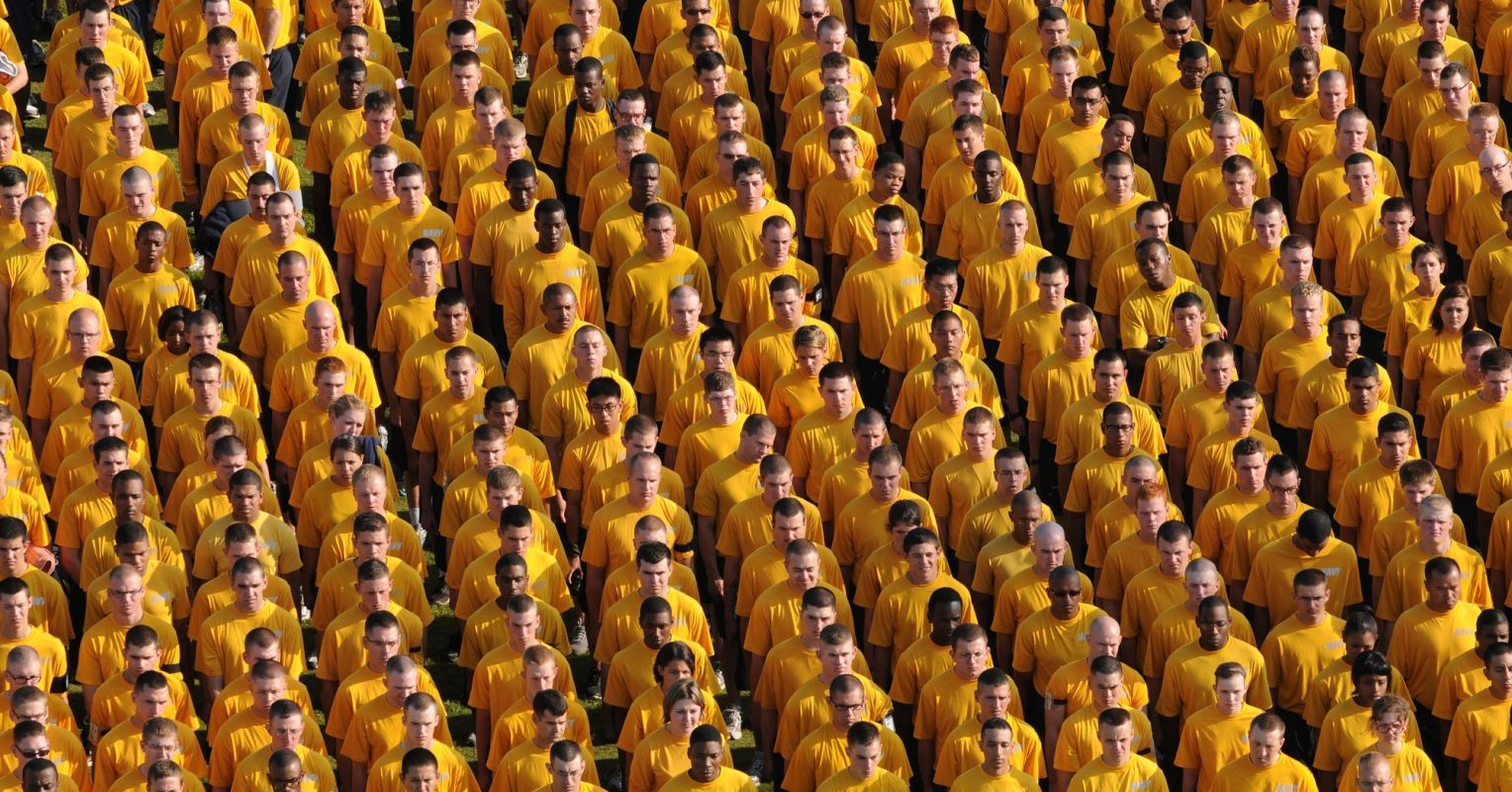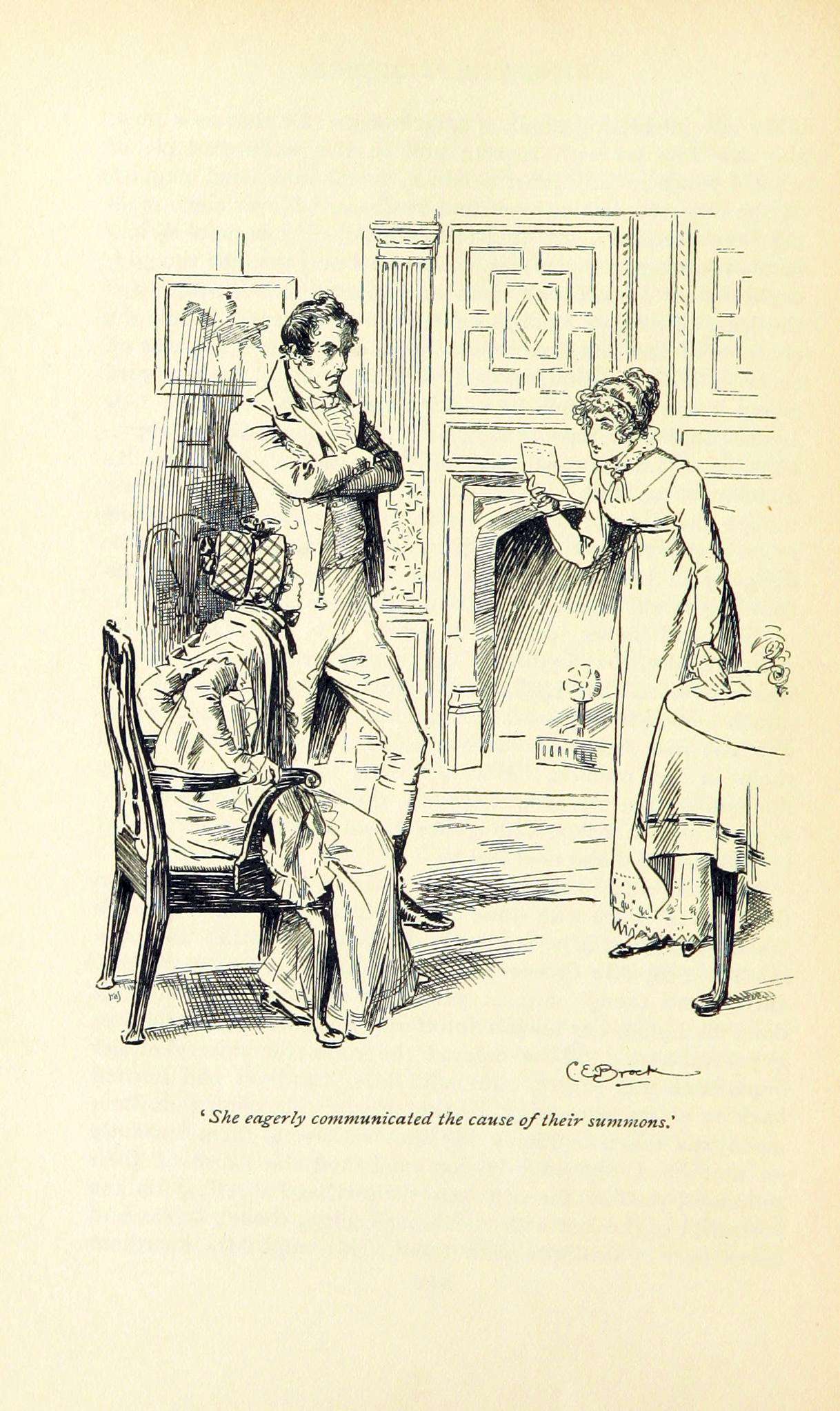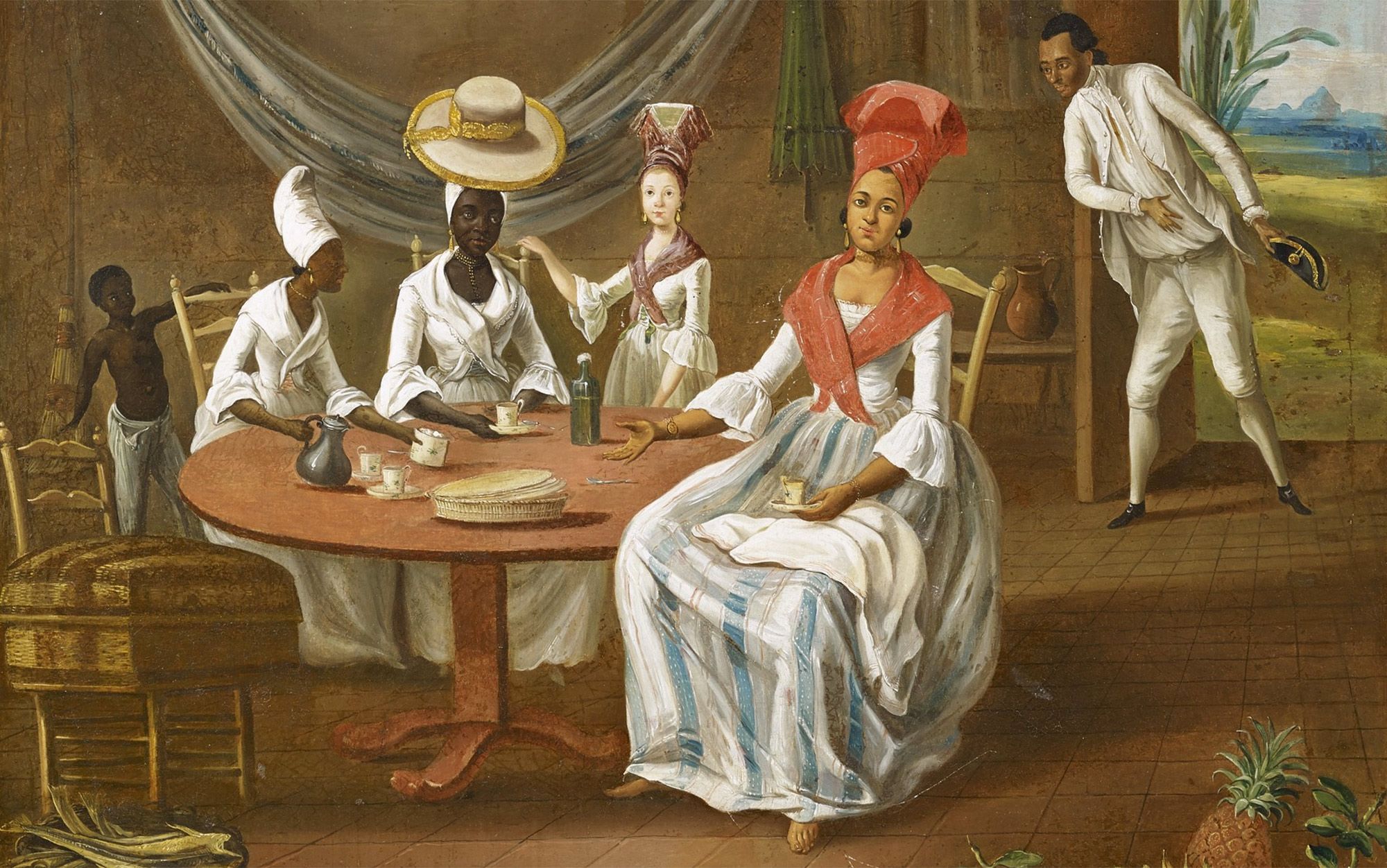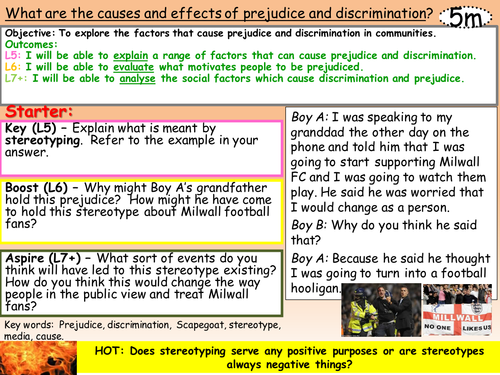Prejudice is a negative attitude or belief towards a particular group of people, often based on stereotypes and without sufficient evidence or justification. It can manifest itself in various forms, including racism, sexism, homophobia, and religious discrimination, among others. Prejudice can have serious consequences, leading to discrimination, segregation, and even violence.
There are several causes of prejudice, which can be broadly classified into social, psychological, and cultural factors.
One of the main causes of prejudice is social conditioning. From an early age, people are exposed to certain social norms, values, and beliefs that shape their attitudes and behaviors. These norms and values are often passed down from one generation to another and can be influenced by various factors, such as family, friends, media, and education. For example, if a child grows up in a household where they are taught to hate a particular group of people, they are more likely to develop prejudice towards that group. Similarly, if a child grows up in a community that is highly segregated or where one group is consistently depicted as inferior, they may internalize these attitudes and develop prejudice towards that group.
Another cause of prejudice is psychological factors, such as fear and insecurity. People may develop prejudice towards a group that is perceived as different or unfamiliar, as a way to protect themselves or their own group. For instance, if a person feels threatened or anxious about their own job security, they may view immigrants or people from a different race or ethnicity as competition and develop prejudice towards them. Similarly, if a person feels uncertain about their own identity or self-worth, they may try to boost their own ego by putting down or discriminating against others.
Cultural influences can also contribute to prejudice. In some cultures, certain groups of people may be viewed as inferior or superior based on their race, ethnicity, religion, or other factors. These cultural beliefs and values may be passed down from one generation to another and can shape a person's attitudes towards different groups of people. For example, in some cultures, women may be viewed as inferior to men, leading to gender discrimination and prejudice.
In conclusion, prejudice is a complex and multifaceted issue with several causes, including social conditioning, psychological factors, and cultural influences. To combat prejudice, it is important to recognize and challenge these underlying causes and strive to create a more inclusive and equitable society. This may involve educating people about different cultures and backgrounds, promoting empathy and understanding, and challenging harmful stereotypes and biases.








